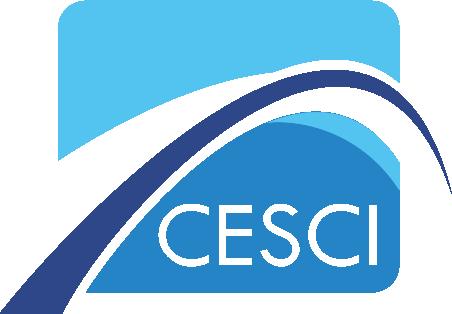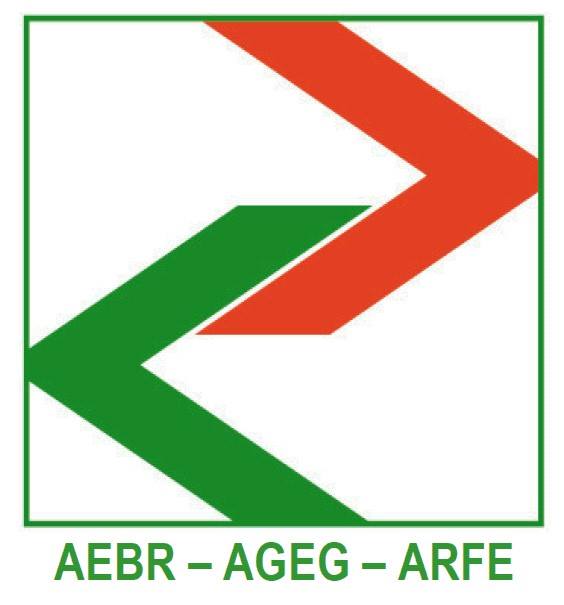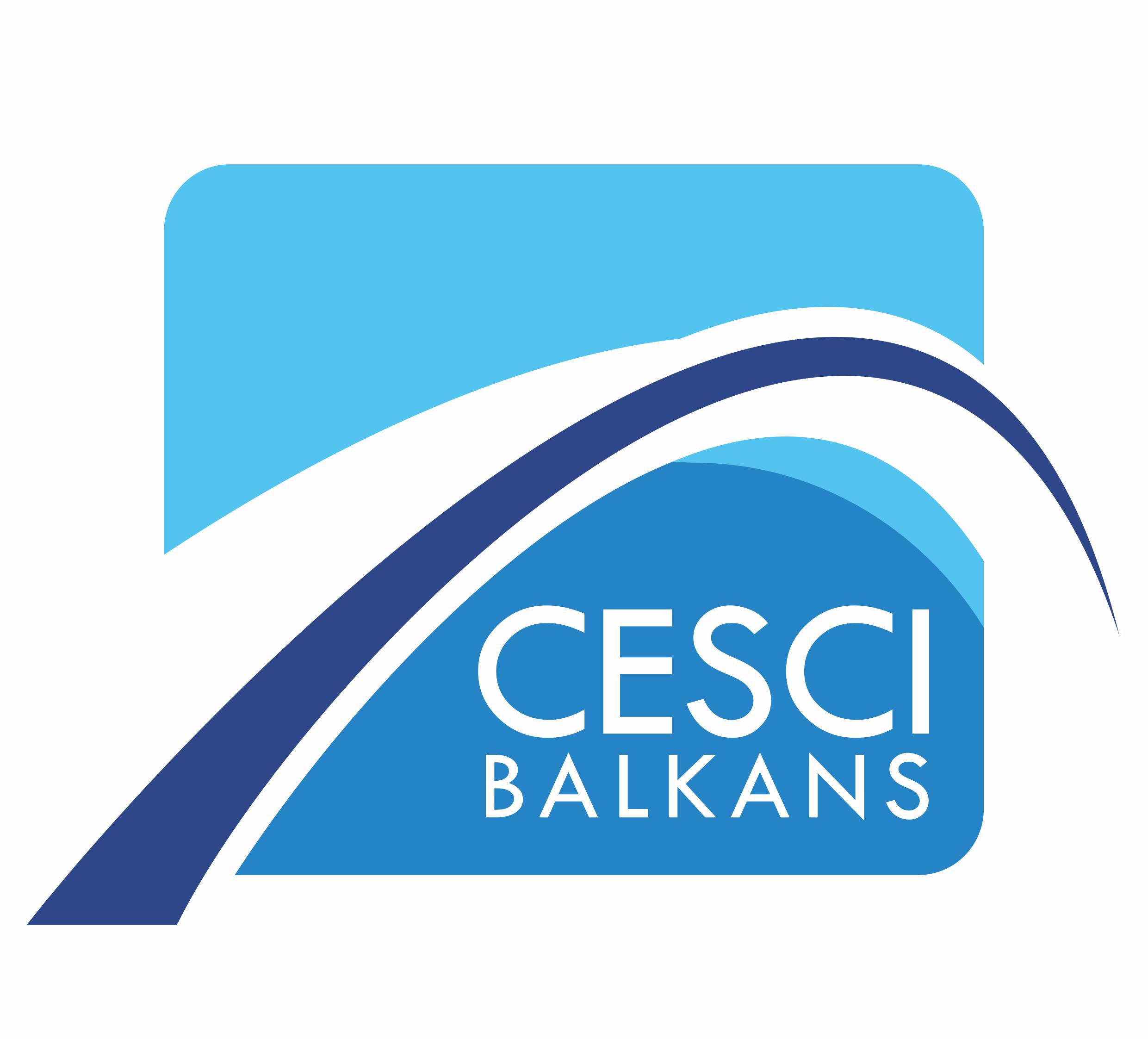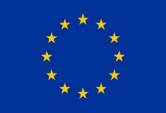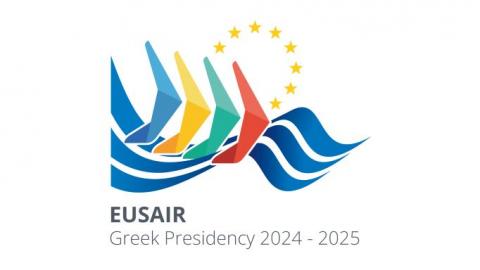
This summer, Greece took over the presidency from Croatia, presenting its key priorities on the island of Corfu to representatives from EU member states Croatia, Italy, and Slovenia, as well as non-EU countries Bosnia and Herzegovina, Serbia, Montenegro, North Macedonia, Albania, and San Marino.
At the launch of its presidency for the EU Strategy for the Adriatic and Ionian Region (EUSAIR), Greece outlined its goals for the upcoming year, emphasizing support for the EU membership of the Western Balkans, safeguarding the marine environment, advancing green technologies, strengthening maritime affairs, and fostering greater EU involvement. Greece stressed the importance of regional collaboration on urgent issues such as energy, climate change, marine pollution, and demographic challenges, especially in light of recent crises.
Main points of focus of the Greek presidency:
Promoting EU Expansion in the Western Balkans:
Greece aims to push forward the EU integration process for the Western Balkans by aligning EUSAIR initiatives with the EU's Enlargement Methodology and the Economic and Investment Plan for the region. This includes using EUSAIR's Thematic Steering Groups to share technical expertise with candidate countries and aligning flagship projects with the EU's accession process, thereby boosting cooperation and enhancing the visibility of both candidate countries and EU services.
Strengthening EUSAIR’s Role in Post-2027 EU Cohesion Policy:
Greece seeks to strengthen EUSAIR's contribution to the EU Cohesion Policy after 2027, focusing on regional cooperation, building resilience to crises, and promoting sustainable development. With the anticipated growth of the EU to over 30 members, Greece will advocate for policies that ensure balanced regional development and address disparities. The "think locally, plan macro-regionally, act Europeanly" approach reflects Greece's aim to implement a place-based strategy to tackle regional challenges within EUSAIR.
Accelerating the Green Transition and Addressing Climate Change:
Greece is committed to advancing the green transition, particularly vital in the Mediterranean's climate "hotspot." The country advocates for cross-border energy projects, especially in offshore renewable energy, hydrogen development, and enhanced energy interconnections. By promoting initiatives like hydrogen valleys and Projects of Common Interest, Greece seeks to move the region towards climate neutrality by 2050, enhancing regional energy security and fostering sustainable resource management.
Blue Economy and the Development of Maritime Expertise ("Blue Skills"):
Greece prioritizes maritime safety and security within the blue economy framework of EUSAIR, focusing on building skills in coastal communities to promote job creation, economic growth, and sustainability. As the coordinator for the blue economy pillar, Greece, in collaboration with Montenegro, will emphasize the sustainable management of marine resources, the promotion of innovative technologies, and the support of coastal communities’ cultural and economic heritage.
Environmental Protection and Marine Conservation:
Greece is committed to expanding its marine conservation efforts, with the announcement of two new marine parks in the Aegean and Ionian Seas, aiming to boost Greece’s protected marine areas to 32% by 2024. Planned actions include a ban on trawling in these marine parks by 2026, enhanced monitoring and surveillance of protected areas, and working with EUSAIR members to reduce plastic waste by 50% and microplastics by 30% by 2030.
A revised action plan is expected by the year’s end, making EUSAIR’s objectives more specific and introducing a new "Social Pillar" suggested by Croatia. This pillar, along with the existing focuses on marine conservation, tourism, environment, and connectivity, will address issues such as youth welfare, demographic challenges, and labor market concerns. Greece will work on implementing this new pillar, ensuring these priorities are addressed through cross-border projects supported by EU funds.

